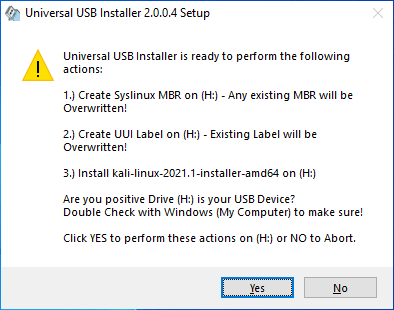
sudo - Command to escalate privileges in Linux. apt, pacman, yum, rpm - Package managers depending on the distro. iptables - Base firewall for all other firewall utilities to interface with. wget - Direct download files from the internet. traceroute - Trace all the network hops to reach the destination. ifconfig - Display network interfaces and IP addresses. chown - Command for granting ownership of files or folders. chmod - Command to change file permissions. df - Display disk filesystem information. kill and killall - Kill active processes by process ID or name. service - Linux command to start and stop services. export - Export environment variables in Linux. sort - Linux command to sort the content of a file while outputting. comm - Combines the functionality of diff and cmp. 
cmp - Allows you to check if two files are identical.

 diff - Find the difference between two files. tail - Return the specified number of lines from the bottom. head - Return the specified number of lines from the top. grep - Search for a string within an output. tar - Command to extract and compress files in Linux. uname - Linux command to get basic information about the OS. man - Access manual pages for all Linux commands. less - Linux command to display paged outputs in the terminal. echo - Print any text that follows the command. cat - Display file contents on the terminal. ln - Create symbolic links (shortcuts) to other files. cp - Similar usage as mv but for copying files in Linux. mkdir - Command used to create directories in Linux. cd - Linux command to navigate through directories. pwd - Print working directory command in Linux. ls - The most frequently used command in Linux to list directories. Let’s get right into it! Top 50 Linux Commands You Must Know as a Regular User Using Linux command on a regular basis? Today we’ll look at 50+ Linux commands you must know! The commands listed below are some of the most useful and most frequently used Linux commands.
diff - Find the difference between two files. tail - Return the specified number of lines from the bottom. head - Return the specified number of lines from the top. grep - Search for a string within an output. tar - Command to extract and compress files in Linux. uname - Linux command to get basic information about the OS. man - Access manual pages for all Linux commands. less - Linux command to display paged outputs in the terminal. echo - Print any text that follows the command. cat - Display file contents on the terminal. ln - Create symbolic links (shortcuts) to other files. cp - Similar usage as mv but for copying files in Linux. mkdir - Command used to create directories in Linux. cd - Linux command to navigate through directories. pwd - Print working directory command in Linux. ls - The most frequently used command in Linux to list directories. Let’s get right into it! Top 50 Linux Commands You Must Know as a Regular User Using Linux command on a regular basis? Today we’ll look at 50+ Linux commands you must know! The commands listed below are some of the most useful and most frequently used Linux commands. 
Top 50 Linux Commands You Must Know as a Regular User.












